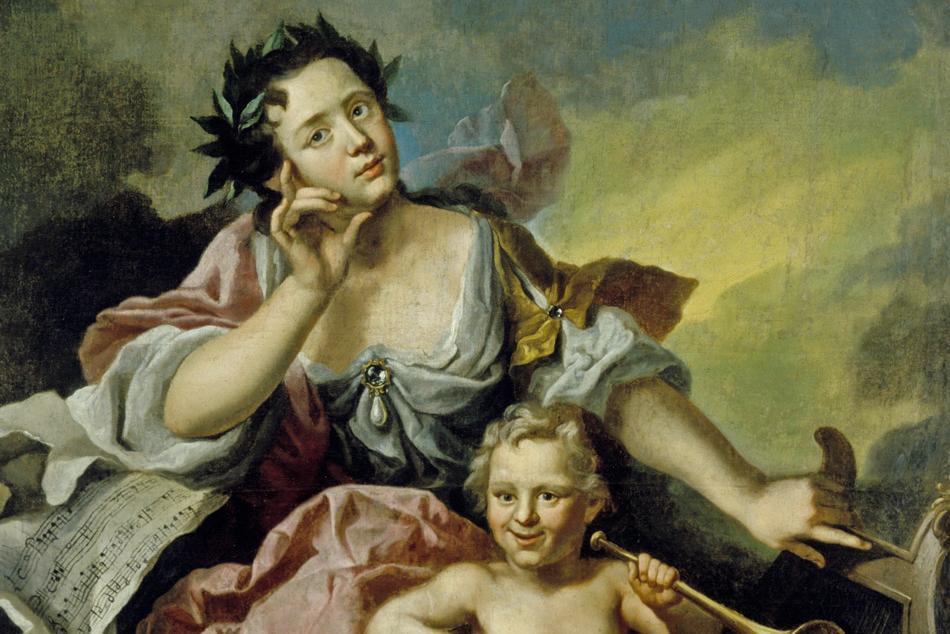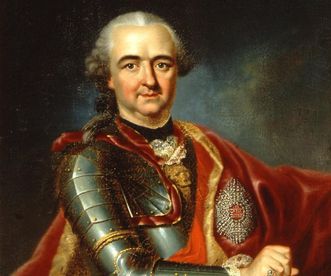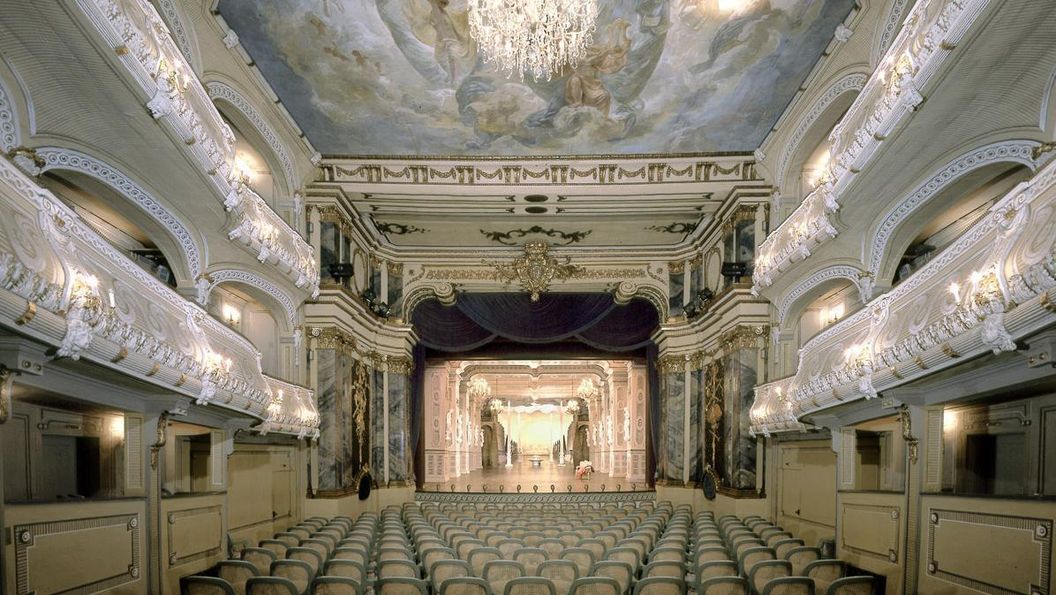Love of the German language
Even in the 1870s, Carl Theodor put on compositions in the German language, a revolution in view of the Italian dominance in the world of opera. He loved the German language, though it was not his native tongue: the prince-elector was born near Brussels and grew up there. The French ambassador to the prince-elector's court once remarked during the performance of an Italian opera that it would sound much more barbaric in the German language. Carl Theodor contradicted him and personally sang the piece to him in German!





